|
On October 9, 2019, national and international hepatitis experts and health providers gathered in Nay Pyi Taw, Myanmar, to review the findings of a one-year research project led by Community Partners International (CPI) to assess a simplified antiviral treatment strategy for hepatitis C. Through this project, CPI and partners are seeking to demonstrate that effective treatment of hepatitis C in Myanmar is viable and affordable using new diagnostic and treatment approaches. The hepatitis C virus (HCV) is a bloodborne virus that causes both acute and chronic hepatitis C. Hepatitis C is a major cause of liver cancer. Worldwide, approximately 80 million people are living with chronic hepatitis c and, each year, an estimated 700,000 people die from HCV-related complications, including cirrhosis and hepatocellular carcinoma[1]. In Myanmar, recent surveys indicate 2.7% HCV prevalence in the general population (c. 1.46m people)[2]. HCV prevalence among people who inject drugs (PWID) is significantly higher at 56%[3]. Furthermore, 26.8% of PWID surveyed in 2017 and 2018 were co-infected with HIV and HCV[4]. For low and middle-income countries (LMICs) such as Myanmar, lack of awareness of HCV among patients and health providers, poor accessibility to and inadequate resources at testing sites, and concerns about stigma contribute to low HCV infection diagnosis and treatment rates. As a result, less than 1% of people with HCV infections in LMICs are estimated to be aware of their disease[5]. Until recently, access to hepatitis C treatment was prohibitively expensive, poorly tolerated among patients and had low cure rates. People LMICs had little chance of accessing effective and affordable treatment. In 2013, a new class of medicines called direct-acting antivirals (DAAs) emerged which can cure 90% of chronic HIV infections[6]. While the costs of these medicines remain high, they have begun to fall and the hope is that they will soon be widely accessible to hepatitis C positive populations in LMICs. Enabling affordable diagnosis has also been a significant barrier for LMICs in addressing hepatitis C. Until recently, the molecular tests needed to identify active infections were only available through high-cost platforms designed for centralized, high-resource settings. In Myanmar, as in many other LMICs, few laboratories have the capacity to perform these tests and results can take a long time to be returned. Recent technological advances have produced innovative diagnostic solutions targeting low-resource, decentralized settings. These more affordable and more portable solutions mean that tests can be performed much more rapidly at the point of care. The ‘Demonstration Project on Assessment of Simplified Antiviral Treatment Strategy for Hepatitis C’ was conducted by CPI in partnership with the National Hepatitis Control Program (NHCP), the National AIDS Program (NAP), the Department of Medical Research (DMR), the Myanmar Liver Foundation (MLF) and Asian Harm Reduction Network (AHRN). The project focused on key populations (PWID, female sex workers, and men who have sex with men including transgender people) and general populations at sites in Yangon, Mandalay and Kachin State. The key aim was to evaluate the treatment viability and cost outcome using direct-acting antivirals among HCV mono-infected and HIV/HCV co-infected members of these populations. The project also piloted rapid, point-of-care diagnostics and decentralized, patient-focused testing services in the Myanmar health care setting. In total, 803 patients diagnosed with chronic HCV infections were enrolled in the treatment program operated through the project. Out of these, 773 completed the full 12 weeks of treatment with direct-acting antivirals, 680 (85%) of whom were successfully cured. At the meeting in Yangon, delegates from partner organizations, experts from the Myanmar Ministry of Health and Sports (MoHS), international experts from EQUIP, physicians and hepatologists discussed the findings of the research project. Representatives from the NHCP made recommendations for possible options to scale up hepatitis C diagnosis and treatment services in Myanmar on the basis of these findings. National experts provided input on how these services could be cascaded to reach every township in Myanmar. A report is currently being prepared which will present the findings in full and include recommendations to support a national scale-up of hepatitis C diagnosis and treatment services. CPI thanks all those who have provided valuable input, advice and recommendations to support the development of this research project. The ‘Demonstration Project on Assessment of Simplified Antiviral Treatment Strategy for Hepatitis C’ in Myanmar is funded by USAID under the U.S. President’s Emergency Plan for AIDS Relief (PEPFAR) through Right to Care/EQUIP. [1] World Health Organization, 2016. Global Report on Access to Hepatitis C Treatment.
[2] Department of Medical Research, 2015. National prevalence survey on hepatitis B and C in Myanmar. [3] National AIDS Program, 2019. Myanmar Integrated Biological and Behavioural Surveillance Survey and Population Size Estimates among People Who Inject Drugs (PWID), 2017-2018. [4] Ibid. [5] Find, 2014. Strategy for Hepatitis C, 2015-2020. [6] World Health Organization, 2016. Global Report on Access to Hepatitis C Treatment. Comments are closed.
|
AuthorCPI Admin Archives
July 2024
Categories
All
|
|
|
COMMUNITY PARTNERS INTERNATIONAL
580 California St Fl 16, Ste 1658, San Francisco, CA 94104-1068, USA [email protected] +1 510 225 9676 We are a registered nonprofit 501(c)(3) Public Charity. TAX ID 94-3375666 |
©
Community Partners International

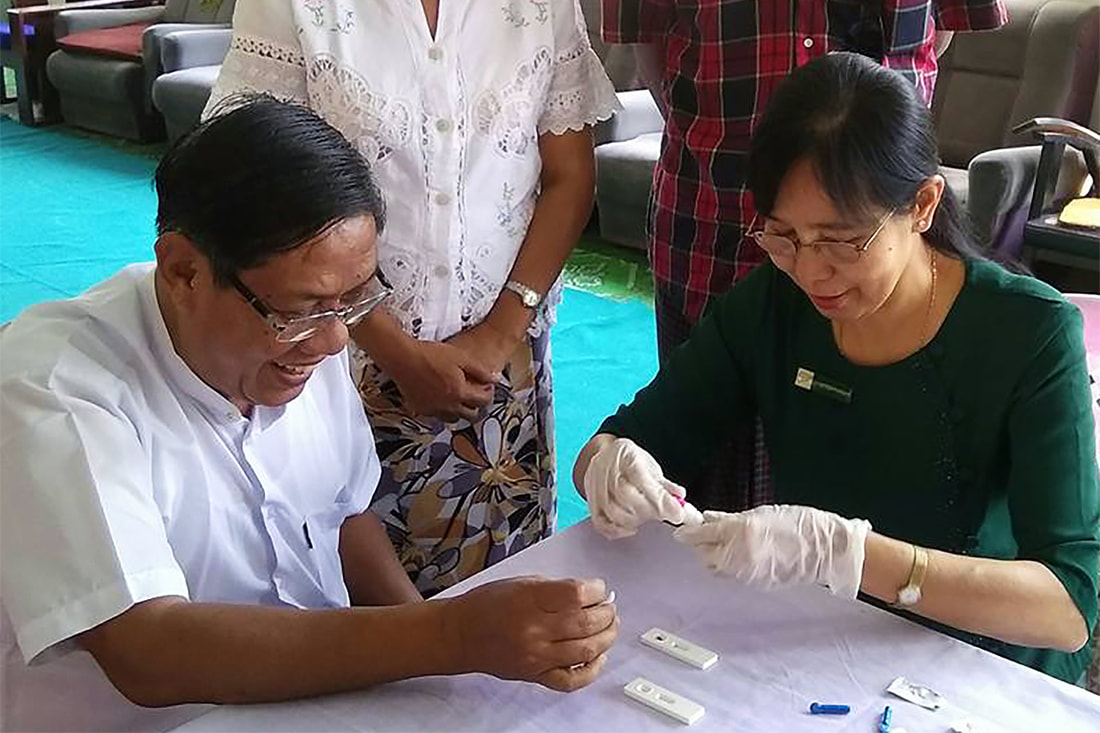
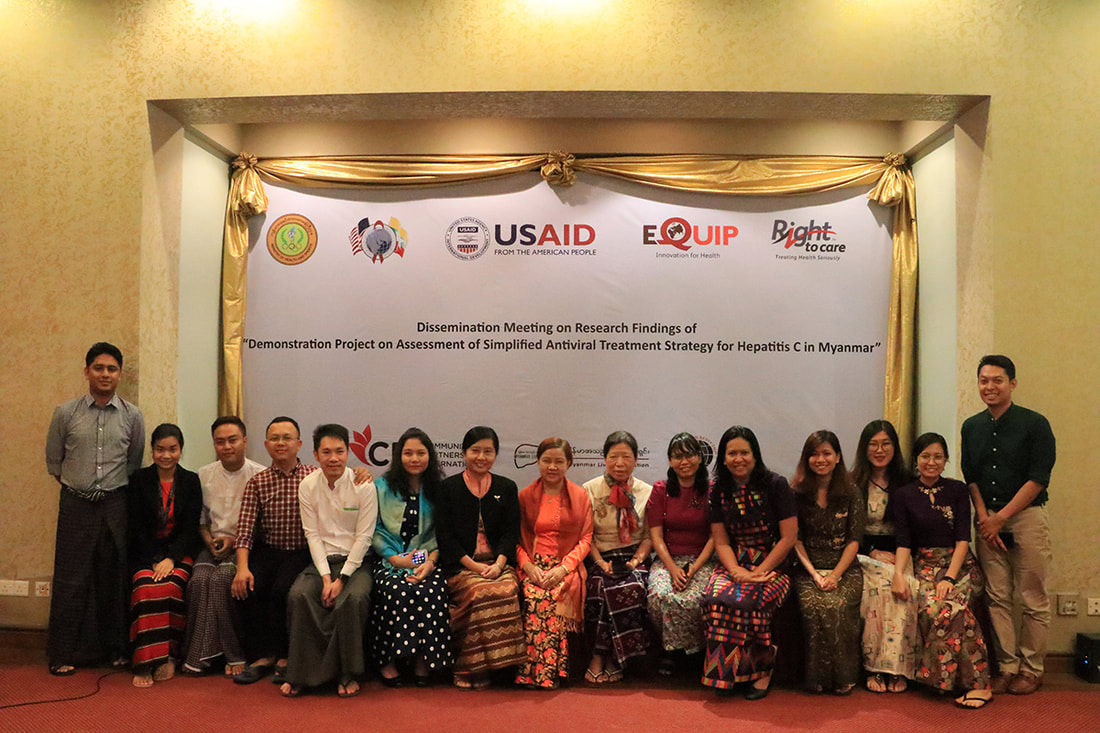
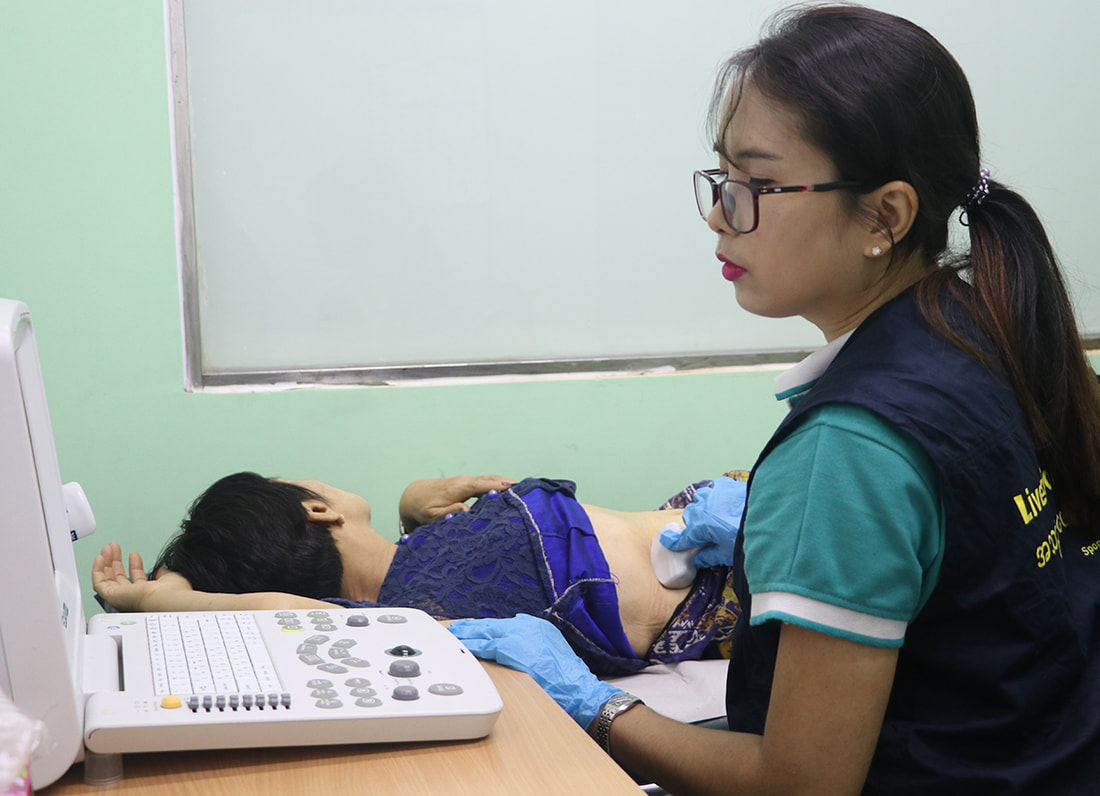
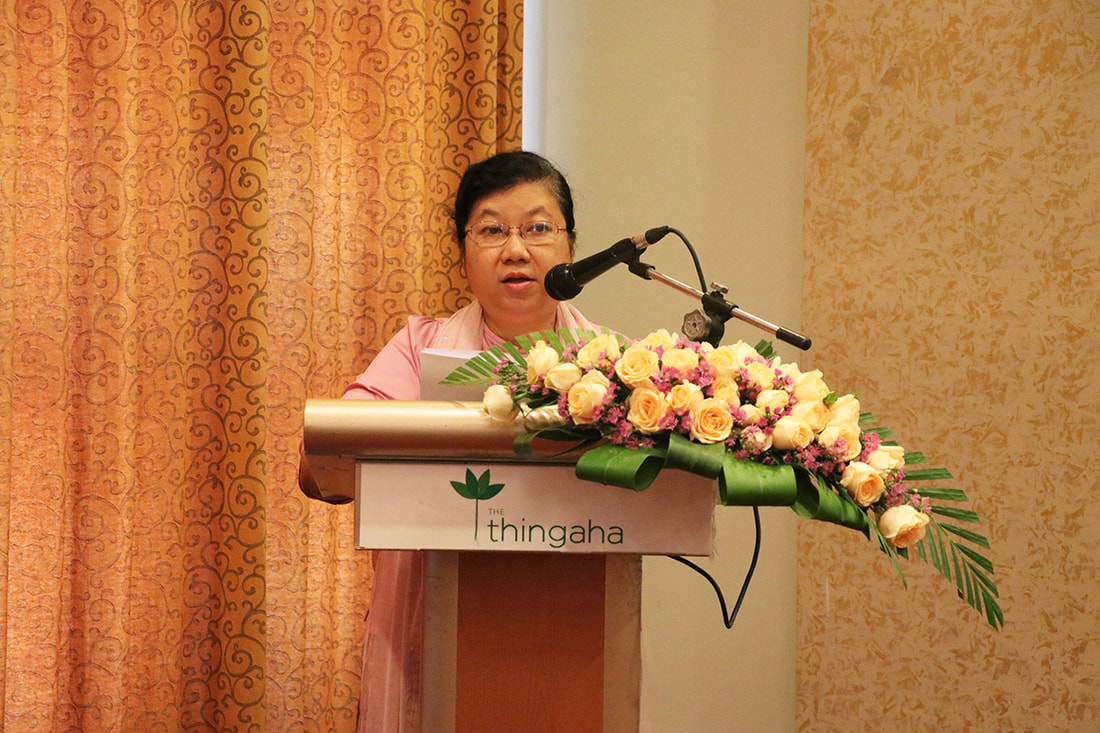
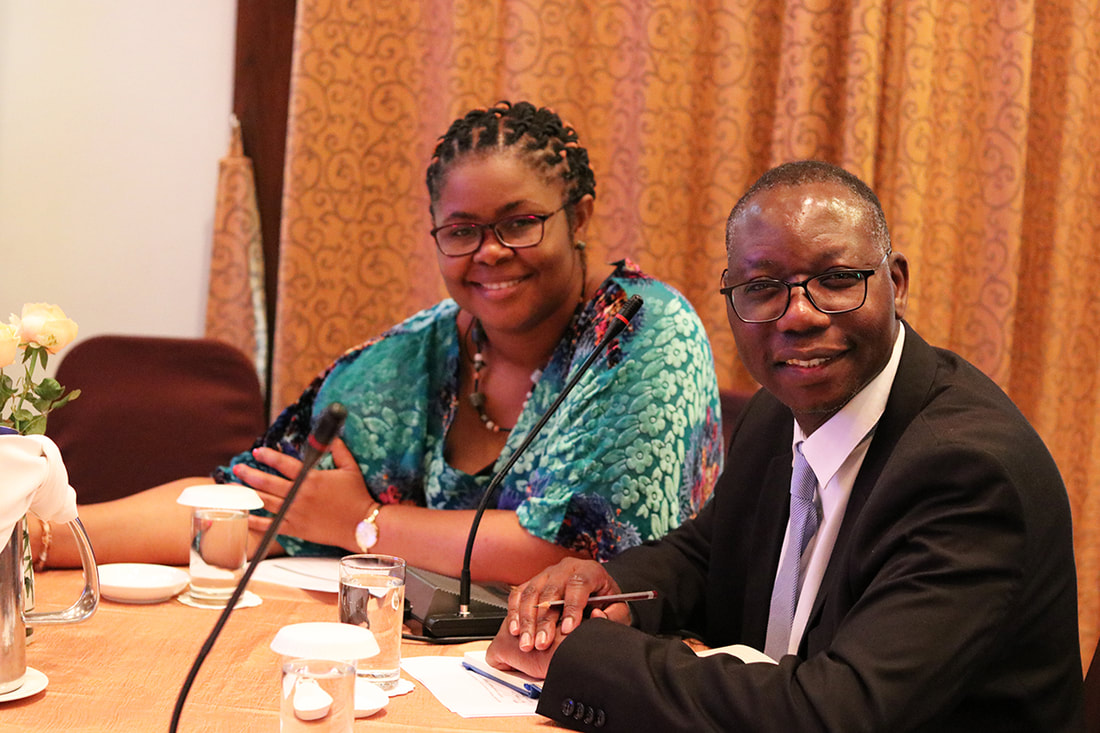
 RSS Feed
RSS Feed
